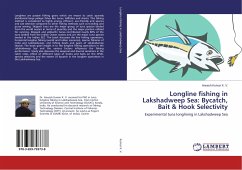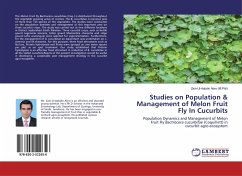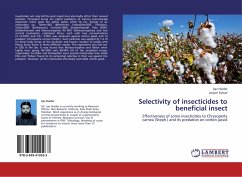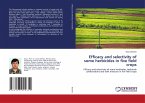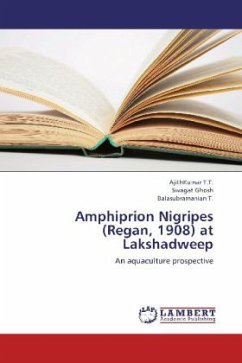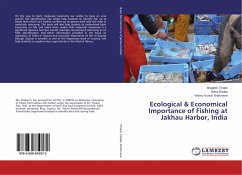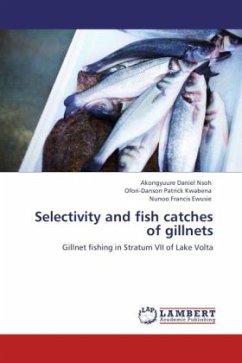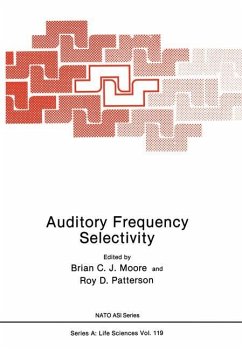Longlines are passive fishing gears which are meant to catch sparsely distributed large pelagic fishes like tunas, billfishes and sharks. This fishing method is considered as highly energy efficient, eco-friendly and species and size selective compared to other fishing methods such as trawling and purse seining. Skipjack tuna are the major group of tuna species landed from the world oceans in terms of quantity and the major portion utilized for canning. Skipjack and yellowfin tunas contributed nearly 80% of the tuna landed from the Indian Ocean waters and are the major tuna species landed in the Indian EEZ. The book discusses the line fishing operations, horizontal longline fishing (world and Indian scenarios), marine fisheries of India and Lakshadweep, and fishing boats and gears of Lakshadweep Islands. The book gives insight in to the longline fishing operations in the Lakshadweep Sea and the various factors influences the fishing performance. Study also discusses the seasonal and diurnal variations in the catch rates, effect of different types of hooks and baits on the CPUE, species selectivity and the extent of bycatch in the longline operations in the Lakshadweep Sea.
Bitte wählen Sie Ihr Anliegen aus.
Rechnungen
Retourenschein anfordern
Bestellstatus
Storno

